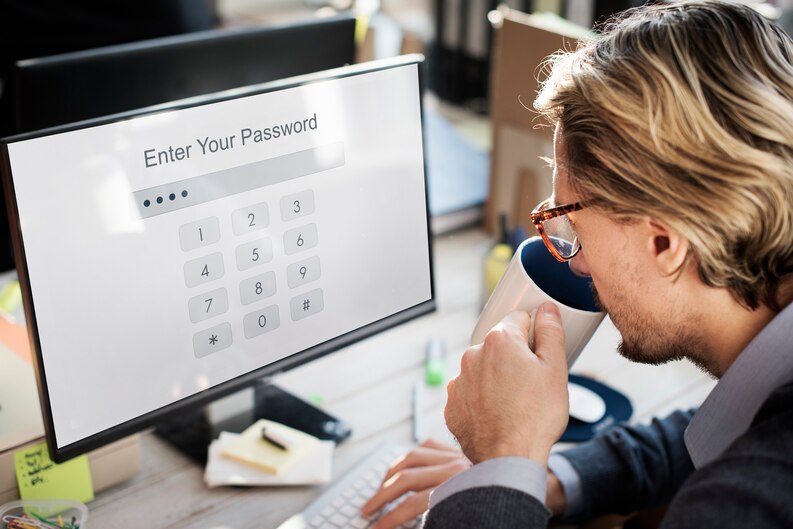- 7 August 2023
- 70
Unlocking Security: The Role of Passwordless Systems

The Evolution of Online Security
In today’s digital age, the evolution of online security has become a top priority. Traditional authentication methods, like passwords, have long been the primary line of defense against unauthorized access. However, with increasing cyber threats and sophisticated hacking techniques, it has become evident that passwords are no longer enough to protect sensitive data. This realization has given rise to passwordless systems, marking a significant paradigm shift in the world of cybersecurity.
The Vulnerabilities of Traditional Passwords
Despite their widespread use, passwords possess inherent vulnerabilities that malicious actors can exploit. Users tend to reuse passwords across multiple accounts, which means that if one account is compromised, all others become susceptible. Moreover, traditional passwords can be easily forgotten or fall victim to brute-force attacks. Cybercriminals have also found ways to trick users into revealing their passwords through social engineering and phishing scams.

Embracing Passwordless Systems
Passwordless systems offer a compelling alternative to traditional passwords by eliminating the need for memorizing complex combinations of characters. Instead, these systems leverage various authentication methods, such as biometrics (fingerprint, facial recognition), hardware tokens, or mobile push notifications. By removing passwords from the equation, passwordless systems address many of the security issues associated with traditional authentication.
One of the most popular passwordless methods is biometric authentication, which relies on unique physical characteristics of individuals to grant access. Biometric data, such as fingerprints or facial features, is difficult to replicate, making it a robust security measure. Another approach involves hardware tokens, small physical devices that generate one-time passwords or act as cryptographic keys. These tokens add an extra layer of security and are often used in conjunction with other authentication factors.
Benefits and Challenges of Passwordless Authentication
Passwordless systems offer several advantages that enhance both security and user experience. Firstly, they significantly reduce the risk of password-related breaches since there are no passwords to be stolen or cracked. Users no longer need to memorize multiple passwords, eliminating the frustration of password fatigue and the temptation to use weak passwords. This, in turn, bolsters overall security posture and reduces the burden on IT support for password resets.
Moreover, passwordless authentication is more user-friendly, leading to increased adoption and higher satisfaction among users. With biometric authentication, users can quickly and conveniently access their accounts with a simple scan of their fingerprint or face. Hardware tokens offer a seamless experience as well, and the reliance on mobile devices for authentication adds an extra layer of convenience.
However, passwordless systems are not without challenges. Implementation can be complex and may require significant changes to existing infrastructure. Companies need to invest in compatible hardware and software, and user training and onboarding are essential to ensure smooth adoption. Additionally, concerns about the privacy and security of biometric data have been raised, requiring stringent measures to protect this sensitive information.
In conclusion, as the world moves towards a more interconnected digital landscape, the importance of robust and user-friendly security measures cannot be overstated. Passwordless systems represent a significant step forward in the evolution of online security, addressing the vulnerabilities of traditional passwords and providing a seamless and secure authentication experience. While challenges exist, the benefits of passwordless authentication make it a promising solution for organizations and individuals seeking to stay ahead of the ever-evolving cyber threats. Embracing passwordless systems unlocks a future where security and convenience can go hand in hand, creating a safer digital environment for all.

